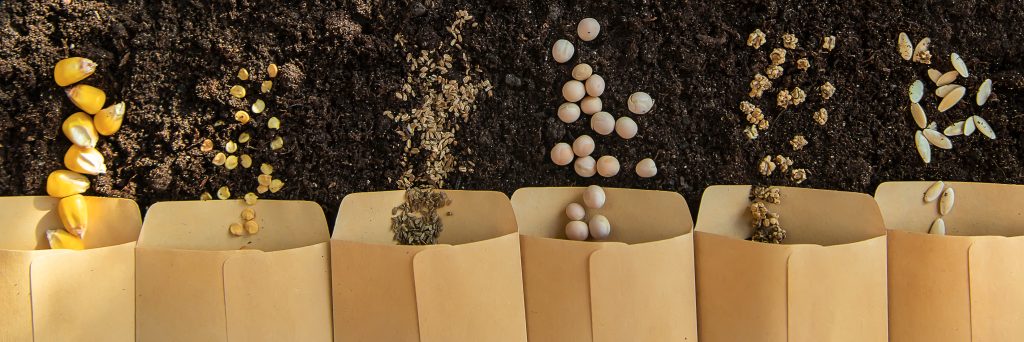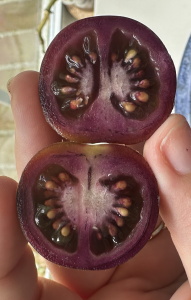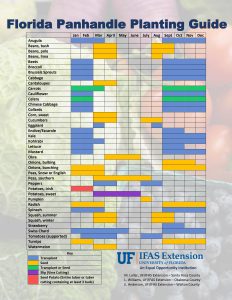While planning my fall garden I have been partaking in one of my favorite pastimes—shopping for seeds. This is always more fun to me than planting the seeds. Seeds come in many different packages and just like wine, you can be drawn in just from the carefully crafted label. Many of the seed labels I encountered shared the same marketing phrase, “non-GMO seeds”, which is like seeing a gluten free label on your pineapple. It was never an option!
Genetically engineered plants take decade(s) to produce, test and release. They are expensive and are not typically sold in small quantities. These patented seeds will not be sold to you by accident. GMO crops that are grown and sold in the US on a commercial scale include alfalfa, apple (Arctic), canola, corn, cotton, eggplant, papaya, pineapple (pink), potato, soybean, squash, sugarbeet, and sugarcane. More information about each crop here: https://www.ams.usda.gov/rules-regulations/be/bioengineered-foods-list
Recently, a few GE seeds have been developed for the home gardener.
The Firefly Petunia glows in the dark thanks to the insertion of genes from a bioluminescent mushroom. More info
The Purple Tomato has purple skin and purple flesh thanks to the insertion of snapdragon genes. This is the first genetically engineered food crop developed for the home gardener. More info
These seeds are only available from certain retailers, and you will pay a premium for this technology.
When purchasing seeds consider other factors like season and variety. “Right plant, right place” – you hear us say those four words again and again here at the Extension Office. That’s because plant selection is one of the most important things to consider for gardening success. If you were to start a watermelon from seed right now it may do well at first. However, they thrive in the heat of the summer, and they will not like the short, cool fall days. A plant growing in the wrong environment will be stressed. That stress attracts pests and can make a plant more susceptible to pathogens.
Set yourself up for success by growing plants when they are in season. Don’t be tempted by the seeds you see on the aisle end caps. These are not always specific to each region and just because they are selling it now does not mean it should be grown right now. Decide what you are going to grow before you go to the store! The Florida Panhandle Planting Guide is a great resource to use for planning your garden. If you find that you purchased seeds for the wrong season save them for the next one—and consider that your newest hobby may be seed collecting.
- Land, Water, and Lawns: Why Everyday Choices Matter - December 4, 2025
- Let’s Scout the Garden - October 23, 2025
- Non-GMO Seeds at the Garden Center? They All Are! - September 25, 2025



